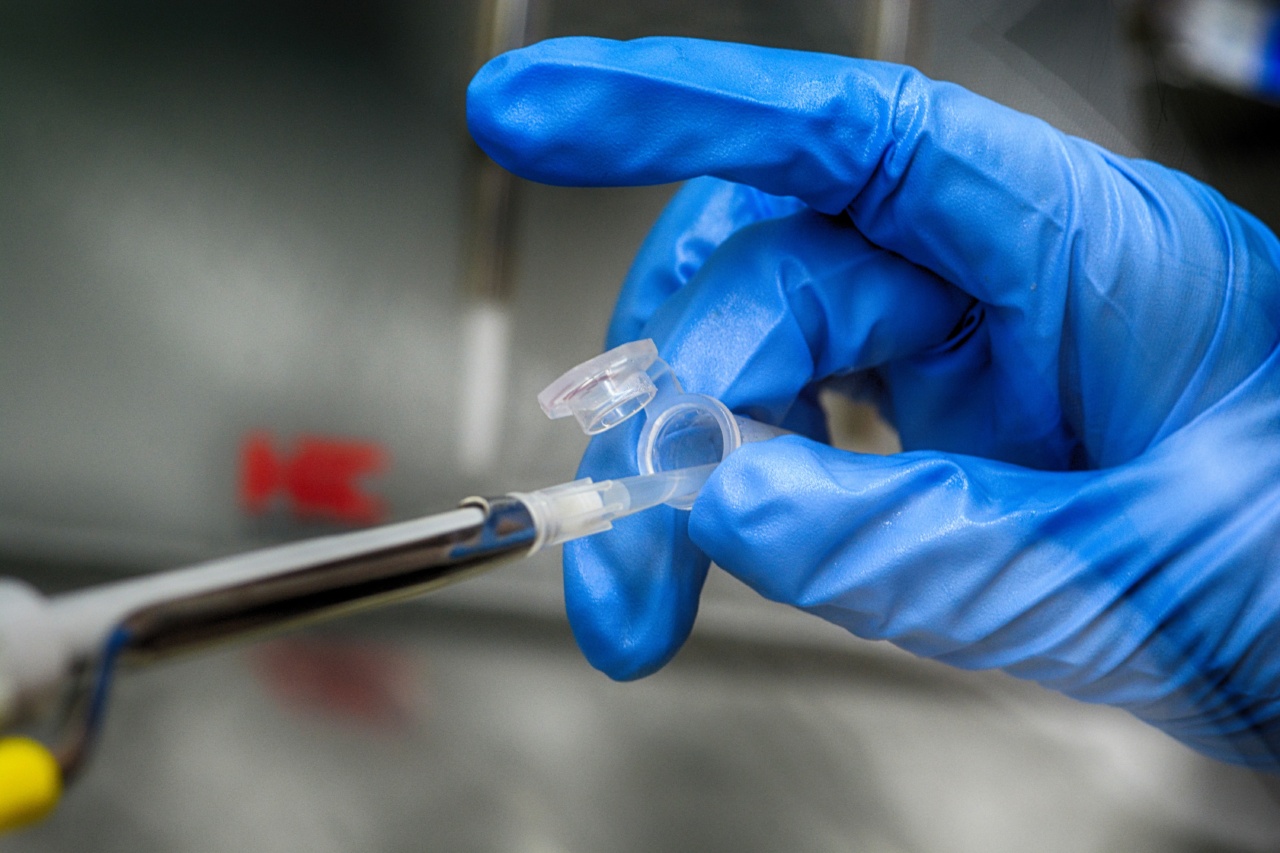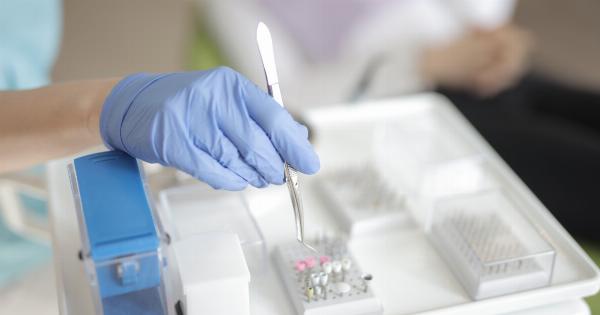Have you been feeling down or experiencing low morale at work? Do you dread going to work every day? Do you constantly feel tired and lack energy to carry out tasks at work? If you experience any of these symptoms, you might be dealing with work-related depression.
This type of depression is also known as occupational depression. It occurs when the demands and pressures of work become overwhelming and lead to constant feelings of sadness, anxiety, and hopelessness.
In this article, we will explore the signs and causes of work-related depression. We will also provide a free online test to help you determine if you are experiencing it.
Signs of Work-Related Depression
There are several signs and symptoms of work-related depression that you should look out for. Here are some of them:.
Low energy levels
If you have been experiencing low energy levels, fatigue, and lack of motivation, it might be a sign of work-related depression. You may feel like you’re always tired, even when you haven’t done any physical activity.
You may also have trouble sleeping, and when you do, you may wake up feeling tired and unrefreshed.
Feeling overwhelmed and stressed
If you constantly feel like you have too much on your plate and are unable to cope with the demands of your job, it may be a sign of work-related depression. You may feel like you’re constantly under pressure, and this may lead to stress and anxiety.
Loss of interest and pleasure in activities
If you have lost interest in the things that you used to enjoy doing, it may be a sign of work-related depression. You may no longer find pleasure in activities that used to excite you, and this may also include socializing with friends and family.
Low morale and negative thoughts
If you have a pessimistic outlook on life and constantly have negative thoughts, it may be a sign of work-related depression. You may also feel like you’re not good enough, and this may lead to low self-esteem and confidence.
Physical symptoms
Work-related depression can also manifest itself in physical symptoms such as headaches, stomach upsets, and muscle pains. These symptoms may further exacerbate your state of mind and lead to more stress and anxiety.
The Causes of Work-Related Depression
There are several causes of work-related depression. Here are some of the most common:.
Work-related stress
Stress at work can be overwhelming, especially if you’re dealing with tight deadlines and a heavy workload. This can lead to feelings of anxiety and depression, especially if you feel like you’re not making progress at work.
Workplace bullying
If you’ve been subjected to bullying at work, it can lead to work-related depression. Bullying can cause feelings of helplessness, and this can lead to low morale and depression.
Isolation
If you work in an environment that’s isolating and doesn’t provide you with opportunities to interact with your colleagues, it can lead to work-related depression.
You may experience feelings of loneliness, and this can further exacerbate your mood.
Poor work-life balance
If your work takes up too much of your time and you’re unable to strike a balance between your work and personal life, it can lead to work-related depression.
You may feel like you don’t have enough time for yourself and your loved ones, and this can lead to feelings of dissatisfaction and depression.
The Work-Related Depression Test
If you’re experiencing some or all of the symptoms listed above, it’s important to take action and seek help. The following test can help you determine if you’re experiencing work-related depression.
Yes
No
.
Yes
No
.
Yes
No
.
Yes
No
.
Yes
No
.
Conclusion
Work-related depression is a serious mental health condition that can have severe implications on your work and personal life. If you’re experiencing any of the symptoms listed above, it’s important to seek help and address the issue.
By taking steps to address the root cause of your depression, you can get back to enjoying your work and life in general.






























